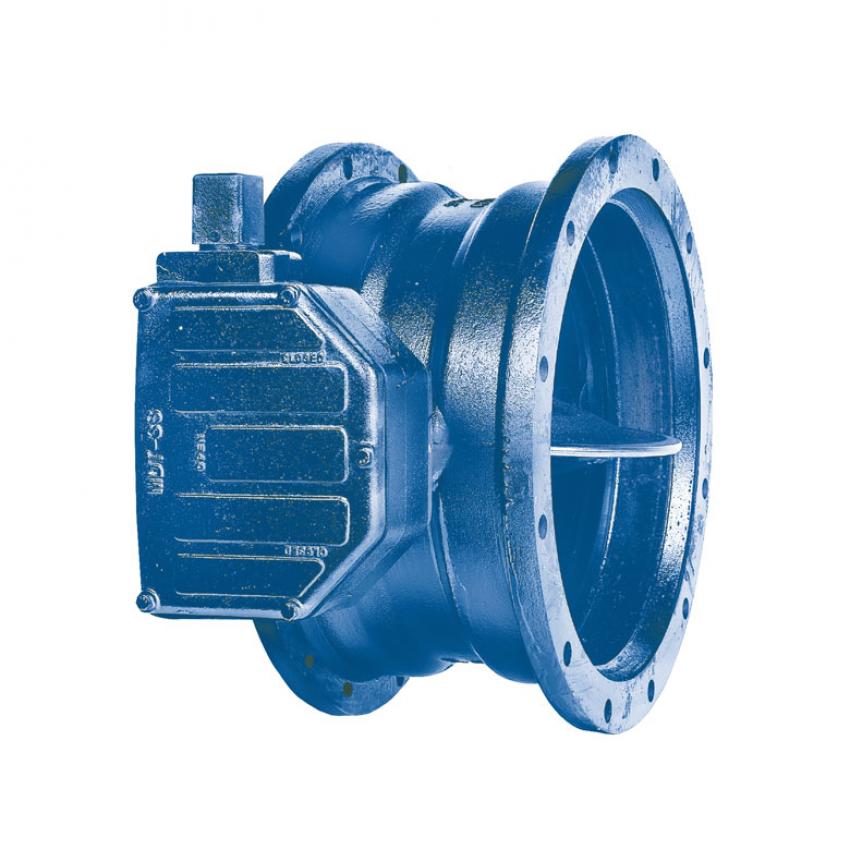Bolts play a crucial role in various industries, from construction to manufacturing. However, there are instances when bolts break unexpectedly, leading to potential safety hazards and costly downtime. In this blog post, we will delve into the fascinating world of bolt failures, exploring the underlying causes and providing insights into why bolts break. By understanding these factors, we can take proactive measures to prevent such failures and ensure the reliability and longevity of bolted connections.
- Material Deficiencies:
One of the primary reasons for bolt failures is material deficiencies. Bolts are typically made from high-strength steel alloys, but variations in manufacturing processes or substandard materials can compromise their structural integrity. Impurities, inadequate heat treatment, or improper alloy composition can weaken the bolts, making them susceptible to fracture under stress. - Overloading and Fatigue:
Bolts are subjected to various loads and forces in their operational lifespan. Overloading, which occurs when the applied load exceeds the bolt's capacity, can lead to sudden failure. Additionally, repeated cyclic loading, known as fatigue, can gradually weaken the bolt over time, eventually causing it to break. Factors such as vibration, thermal expansion and contraction, and inadequate preload can accelerate fatigue failure. - Improper Installation and Torque:
The installation process plays a crucial role in the performance of bolts. Insufficient or excessive torque during installation can result in bolt failures. Under-tightening may lead to inadequate clamping force, allowing relative motion between connected components and inducing fatigue failure. Conversely, over-tightening can exceed the bolt's elastic limit, causing it to deform or fracture. - Corrosion and Environmental Factors:
Bolts exposed to corrosive environments are prone to failure. Corrosion weakens the bolt's surface, reducing its load-bearing capacity. Factors such as moisture, chemicals, temperature variations, and atmospheric conditions can accelerate corrosion. Additionally, environmental factors like humidity, UV radiation, and exposure to harsh chemicals can degrade bolt materials, making them more susceptible to failure. - Design and Manufacturing Flaws:
In some cases, bolt failures can be attributed to design and manufacturing flaws. Inadequate thread engagement, improper thread fit, or insufficient bolt diameter can compromise the bolt's strength and integrity. Similarly, manufacturing defects like cracks, voids, or improper heat treatment can significantly reduce the bolt's load-carrying capacity, leading to premature failure.
Conclusion:
Bolt failures can have severe consequences, ranging from safety hazards to costly repairs and downtime. By understanding the underlying causes of bolt failures, we can implement preventive measures to ensure the reliability and longevity of bolted connections. Proper material selection, adherence to torque specifications, regular inspections, and corrosion prevention strategies are essential in mitigating the risk of bolt failures. By prioritizing bolt integrity, we can enhance the safety and efficiency of various industries that rely on these critical fasteners.
